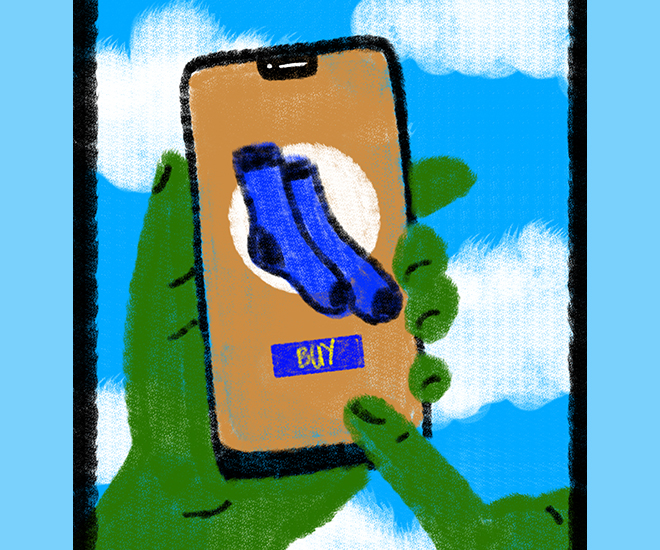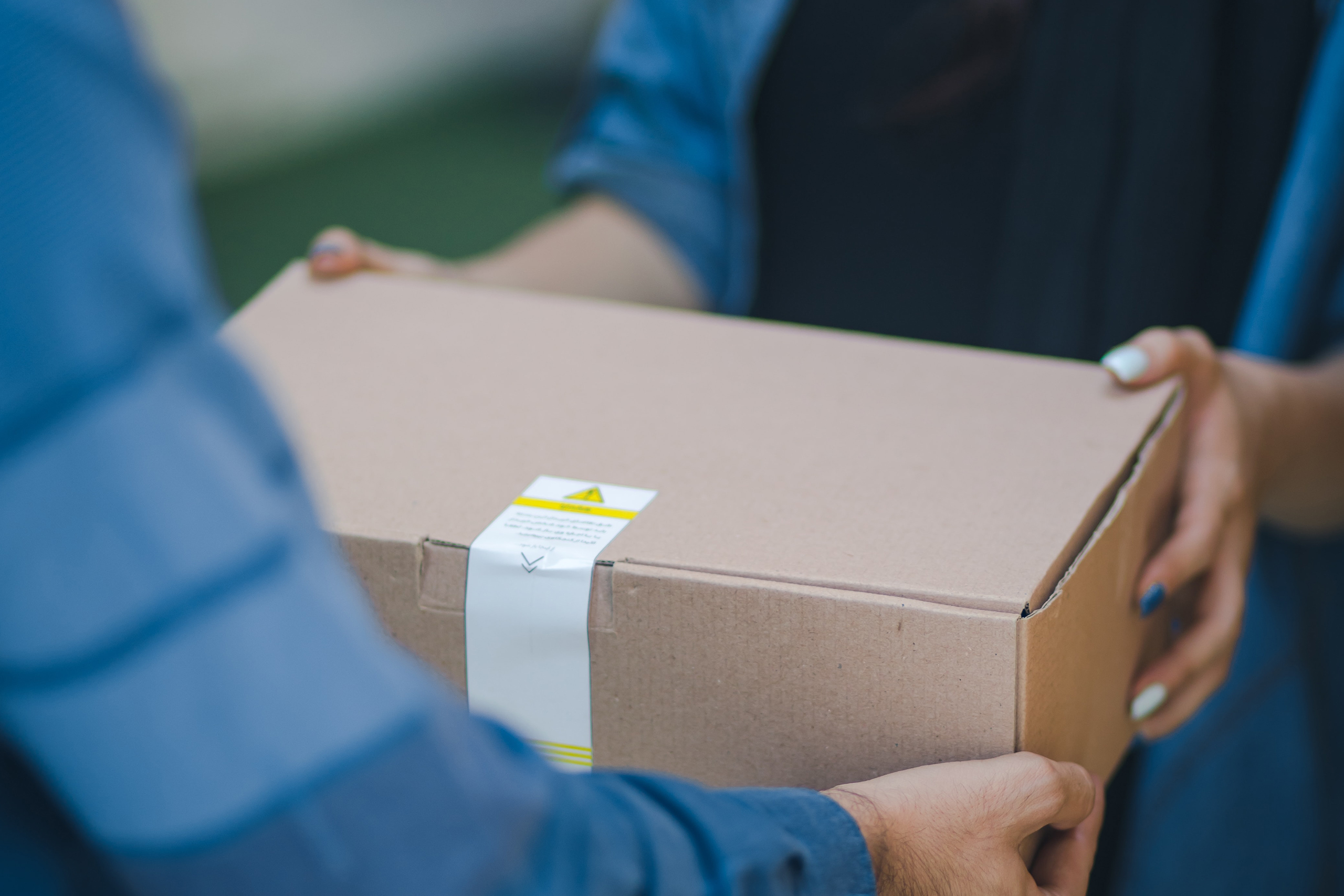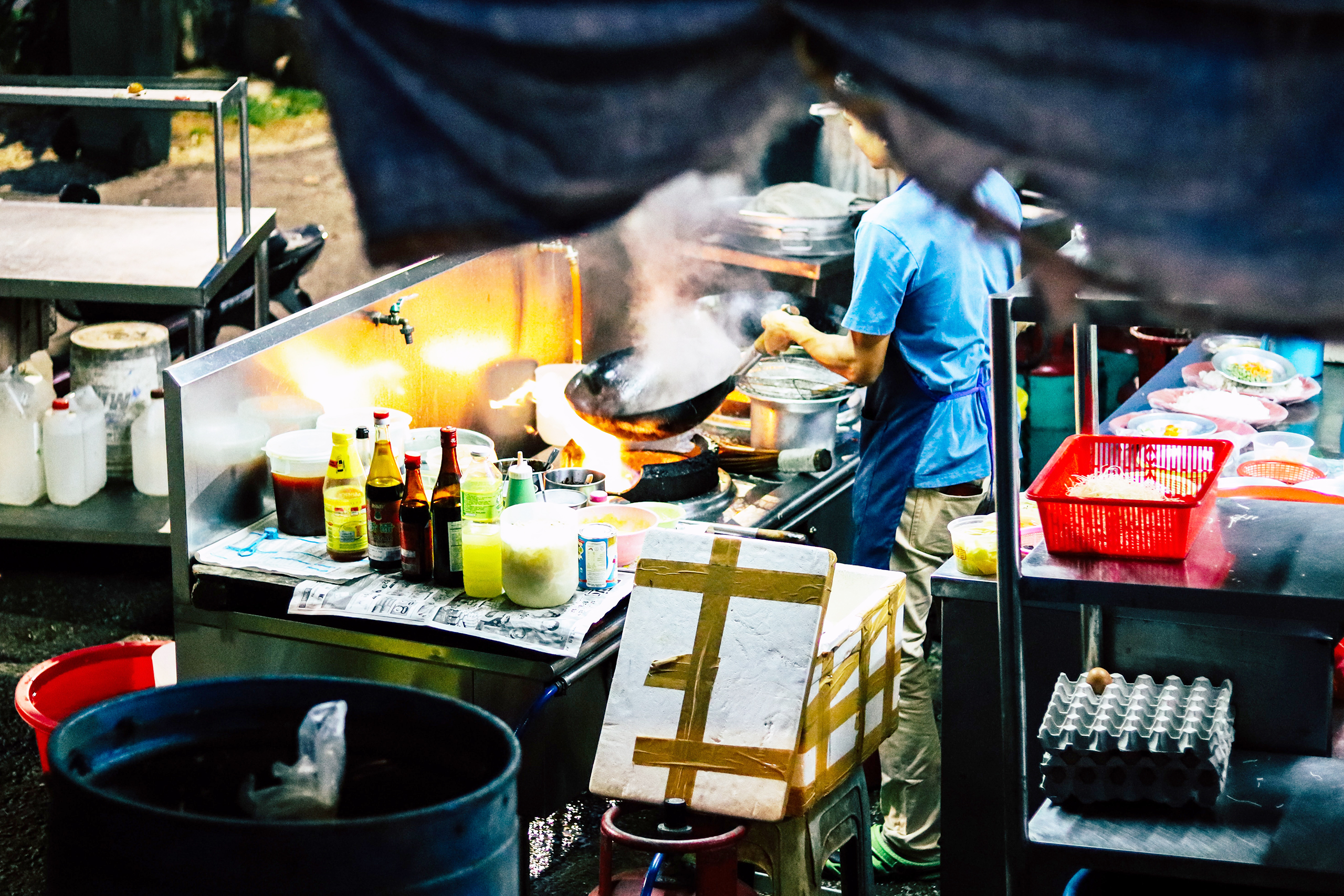
Affandi Abdullah, the owner of a local retailer TheMYProject, is also one of my good friends. He has had bad months – and years – before but never thought he’d post a message like this on his business Instagram until last week: “I am saying this as a plea to ask for a favour from everyone who is reading this to please continue supporting local small businesses during these tough times.”
Every business is affected one way or another. “The moment I closed the door during the second phase of MCO, I started to continuously lose money,” said Affandi when I asked him about the second wave hit. “I expected it to happen but I never thought that it would be so much more difficult for me and my team, and the uncertainties are making business recovery even harder.” The same night he shared with me a message on Instagram from Zariff, founder of Pakai, a thrift shop in Cyberjaya, saying “We are asking people to buy something #SupportLokal.”

With people staying at home, there seems to be one obvious solution: online. Data from Hootsuite analytics show that clothing shopping revenue is already up by 39% at Malaysia-based online retailers since April 2020, and that the average order value has gone up 17% in that time span. The statistics also indicate digital marketing in Malaysia is expected to expand at least 14.97% by 2025. “Looking at how convenient online shopping is, especially when we’re forced to stay indoors, I’ve decided to refine our digital store making it more engaging and interactive so that it serves an almost similar experience as you would when entering our physical store,” said Affandi.
Then, the questions: Is it safe to receive packages and clothes? What about secondhand items from places like Pakai, OkGo Store or Mr Musashi? Will online shopping increase the exposure and spread of coronavirus to people responsible for packaging, shipping, and delivering? Is this the best – and only – way to support local brands?

It’s fair to say that from a personal safety perspective, the danger is a non-issue. “From the time that the person that’s packaged whatever it is that you ordered, and it gets transit and then gets through your door, it is very unlikely that the virus stayed alive through the process,” said Dr Gabriela Andujar Vazquez, an infectious disease physician at Tufts Medical Centre in her interview with The Telegraph. Having said that, it’s still advisable for us to be extra-careful upon handling the package by washing and sanitising our hands. The same goes to when you’re buying clothes from secondary markets. “Always get the items washed before you wear them,” she said.
Online or not, Dr Jamaluddin Bin Ab. Rahman, a professor with expertise in epidemiology at International Islamic University Malaysia, advises people to be mindful of the things they’re buying. “I believe it’s important that we view something as a whole,” said Dr Jamaluddin. “I feel at times like right now we should prioritise and limit our purchases to things that really matter. It’s good if we can take a moment to consider the workers and the issues we’re dealing with instead of pampering ourselves with online purchasing.” On the other hand, Suhaimi Md. Sarif (also known as Dr Aimi), an associate professor with a major in economics and management sciences from the same institution, argued that despite being cautious towards our actions, we shouldn’t put the brakes completely on shopping. “The economy is already shabby and while there are inherent dangers out there, the least we can do now is to support local businesses digitally because at the end of the day, the staff still need their jobs, and they’re going to collect their paycheck that much longer.”

According to Dr Aimi, supporting small businesses is more than just giving money to the labels and shops we have grown to love. “It takes a whole team to make up a business, and say one department is lacking staff then the organisation won’t run as smoothly as it should be, and end up with low productivity or lack in services that would put everyone in jeopardy, including the brand,” said Dr Aimi. He also recommended business owners to restructure their spending. “You should look at places that will be hurting if you are not spending there, that will probably put you into closure, or put your employee out of work. It’s a bit complicated but you will find a better way to sustain the business.”
Now is also the time when shoppers need to be aware of the businesses they supporting. “A lot of businesses that define our culture right now might not be here in a couple of months. We will weather this storm, hopefully, but again it is not guaranteed. I spoke to other designers and friends from the industry, and the general vibe is that everyone feels nervous that they might not make it through,” said Affandi. “Not everybody can afford spending on non-essential items at this moment, but if you can, you should consider the local brands that are open both on and offline,” Affandi concluded.
This story first appeared in the June/July 2021 issue of Men’s Folio Malaysia.















